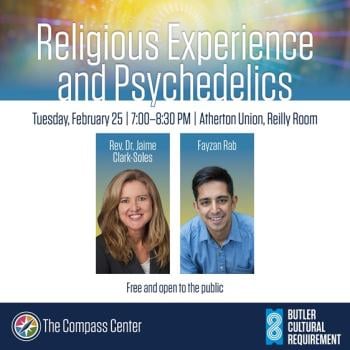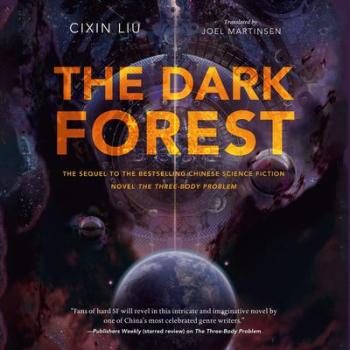Fred Clark has offered a characteristically witty post that builds on my recent one about an ancient spruce tree in Sweden. He suggests that “spruce tree” can become the standard response to any young-earth creationist nonsense one is presented with (much like the YEC phrase “were you there” except that in this case the response is appropriate and reasonable).
Here is a sample from Fred’s post – click through to read the rest!
This isn’t a dispute about the meaning of facts, but rather a dispute about whether or not there can be any such thing as facts. The sort of Christian fundamentalist most likely to embrace young-Earth creationism is also likely to be the sort of person who rails against “post-modernism” and who insists on the essential importance of “absolute truth.” Yet scratch the surface of any young-Earth creationist and you’ll find an epistemology more radically skeptical than anything Hume or any of the French deconstructionists ever imagined. Far from the defenders of “absolute truth” they claim to be, young-Earth creationists actually embrace a philosophy that says nothing can be known about the world around us.
Appearances and measurements lie. Trees lie. Carbon lies. Bones lie. The stars in the heavens lie. And nothing at all can be trusted from what we deceive ourselves into imagining we’re learning from observation, study, experiment and measurement.
Their claim is even more audacious than that. It has to be. They want to say that they’re only disputing the honesty of “science,” but if that were the case, then we could easily test their claim by, say, switching on the light or looking at this page on the Internet. Science seems to work. And thus the epistemological anarchists of young-Earth creationism cannot simply be asserting the unreliability of science, they must also assert the unreliability of seeming. If a universe that seems ancient is not ancient, then both the universe and our seeming must be lying. Nothing we think we see, hear, touch or measure can be trusted. Nothing can be known.
Let me be clear here: This is not something they say they believe, yet this is what they must believe. While they would never explicitly make such sweeping dismissals of all possibility of knowledge, such dismissal is implicitly inevitable in everything they claim.
See also Pete Enns on an outsider listening in on debates about Adam at ETS.












